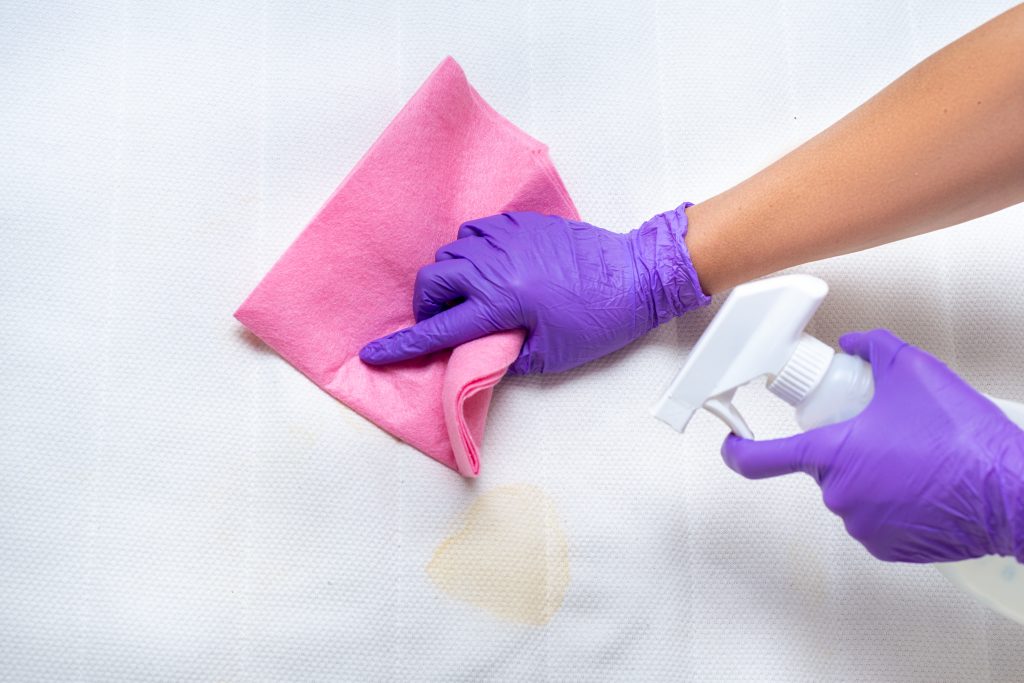You spend about one-third of your life in bed, so keeping your mattress clean and fresh is essential. Doing so does not only mean you’d be getting a good night’s sleep on a regular basis; you’re also doing your health a lot of favor. Many people don’t realize that, over time, irritants such as pollen, dust mites, dead skin cells, bacteria, and bodily oils could build up in a mattress, reducing its lifespan and impacting your wellbeing. For people with allergies, they may find that their symptoms are worsening even though they are regularly washing their sheets. You can also check out cooling waterproof mattress protectors to keep your mattress safe from accidental spills.
If you are noticing any odors or seeing any spots or stains, then your mattress is definitely due for a clean. Regularly freshening up and cleaning your mattress may seem like a daunting task, but doing this once or twice a year can help reduce the impact of the said irritants on your health, and on the quality of your mattress, too.

Conventional Cleaners
Using conventional cleaners might seem like a good idea if you want to give your mattress some thorough cleaning, but these products often use bleaches, synthetic fragrances, and other chemical irritants in their formulation. These aren’t just harmful to your lungs and skin, but they can also weaken the fibers of your mattress, therefore shortening its lifespan. Furthermore, these products ultimately end up in the environment after they’re flushed down the drain, potentially harming ecosystems.
Natural Cleaners
If you want your mattress to remain functional and comfortable for a longer period of time, and if you prioritize your own and your family’s health above all else, then natural cleaners are the ones you should opt for. These include the following:
- Sodium Bicarbonate: Sprinkle sodium bicarbonate over the surface of the mattress and leave for a minimum of 30 minutes before vacuuming it again. Repeat on the other side. Allow to air, then re-cover with the mattress protector.
- Vinegar: Spray diluted white vinegar onto the cloth and work that into the stain. Vinegar is antibacterial, reduces mold, and helps deodorize the mattress. But, again, be careful not to make the mattress wet in the process or it may not fully dry before the evening. Also, at this time, it’s a good idea to give your bedframe a wipe-down, and wash all of your beddings, including the mattress protector.
- Hydrogen Peroxide: For hard-to-remove stains, a 3% hydrogen peroxide solution could do the trick.
Additional Tip: In other cases, mold, mildew, or bacteria buildup cannot be removed by the above products. That’s when you know that your mattress already needs to be replaced, especially if it is 10 years old or more.
The Best Cure Is Prevention
While the safe cleaning products mentioned above can help keep your mattress fresh, clean, and health-friendly, using a high-quality, waterproof mattress protector could aid in reducing the need for frequent cleaning as it serves as a barrier between your body and your mattress.
I’m a 20-something stay-at-home mother and wife. I have an amazing husband, a beautiful daughter, two loving dogs, and a lazy cat. I wouldn’t change my life for anything! I love to read, listen to music, cook and blog!

Speak Your Mind